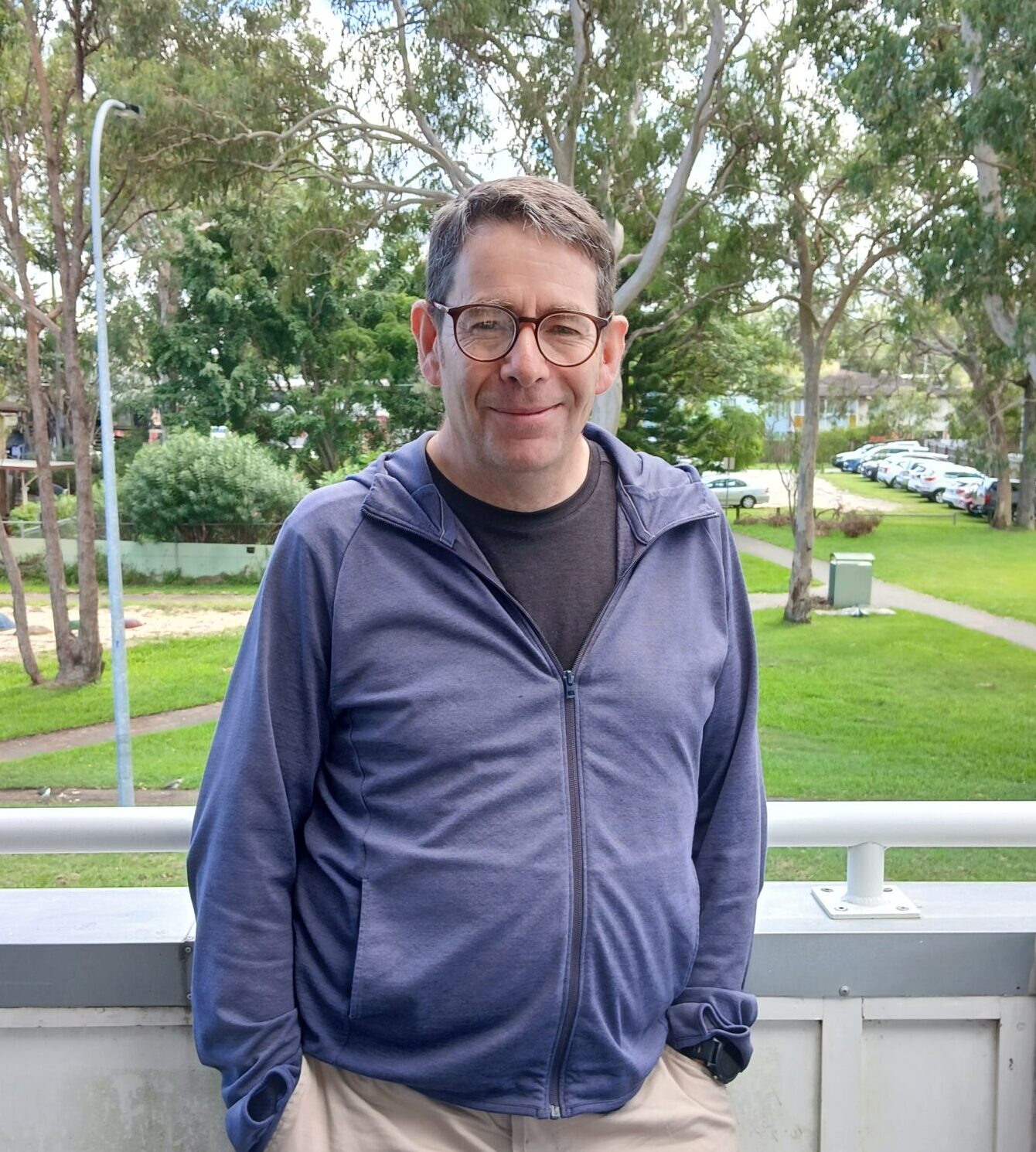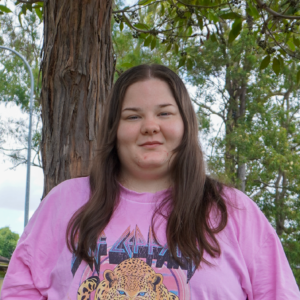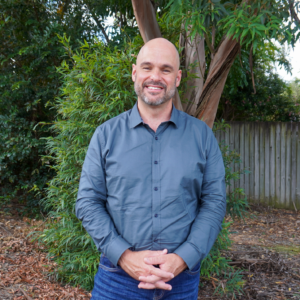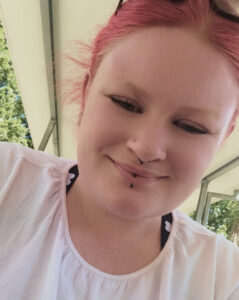In late 2012, Nick had recently moved to a new country and was several months into a new job (as a YFS Youthlink coach) when he found himself bogged on a Gold Coast beach in a brand-new corporate car full of teenagers.
“The kids said to turn down this track, as a laugh — and I was a Pommy who was used to pebble beaches. Then we were stuck in the sand with the tide coming in fast.”
Fortunately, some locals with a 4WD towed the car free before it was lost to the Pacific and Nick and his clients made it back to Logan safely. “It’s probably my proudest moment at YFS,” Nick says with a grin. “Not needing to call the coast guard.”
Nick had worked extensively with young people in previous roles in the UK, including complex case management and outreach with Hampshire County, as well as with the wider community during his time as a police officer.
“Kids are kids everywhere,” he says. “They have the same needs. My accent, though, when I first started at YFS? You’d have needed an interpreter.”
Since joining YFS thirteen and a half years ago, Nick has seen many young people and their families during their hardest times. And while some circumstances have no immediate solution, Nick knows his team still plays an important role for every one of their clients.
“We work in an industry that’s built on sadness. But from that sadness, we’ve got to provide hope. That’s what we do.”
Nick sees a strength of YFS being its reputation in the community and how clients know that when they engage with staff they will be listened to – not just told what to do in a one size fits all approach.
“A young guy, he might have been 27, came back [to YFS] recently. He was one of the first kids I worked with at the start of my time here. He needed a bit more help now and knew YFS was a safe haven.”
As well as supporting clients and their families, Nick also recognises the importance of investing in colleagues who are just beginning their careers in youth work – something a manager in the UK first encouraged him to do many years ago.
“It was her who inspired me to pass on what I’d been given, to share my experiences with others.”
And when Nick’s wife was recruited for a job in Australia and the couple moved to Queensland, mentoring the next generation of youth workers continued to be a priority for Nick in his role at YFS.
“When students come in we try to give them the best possible work placement so they are ready for whatever journey they take. You only get one chance to lay the foundations for your practice and you want to get that right.”
Nick understand there is often a wide gulf, for his students, from the university classroom to visiting a young person who has experienced abuse or other traumas.
“At YFS we put in safety measures, and talk about what to expect – but students also need to see what we deal with. No university scenarios can prepare [a student] for that. But we make sure they can debrief afterwards with a manager and we all share our strategies for self-care.”
Nick also highlights how much students on placement teach him, and how their questions prompt him to keep reflecting on his own practice and how he can improve.
“They’ve mentored me as well, with their fresh ideas and by telling me what’s new at university.
“It’s been lovely to work with so many students and see their progress. Some are my colleagues now and have become friends.”
And while Nick has received many invitations to work elsewhere over the years, he hasn’t felt the need to move on from YFS.
“I’m happy here. I like the people I work with. And the families I work with are great – I’ve watched their kids grow up. It’s a privilege.”






